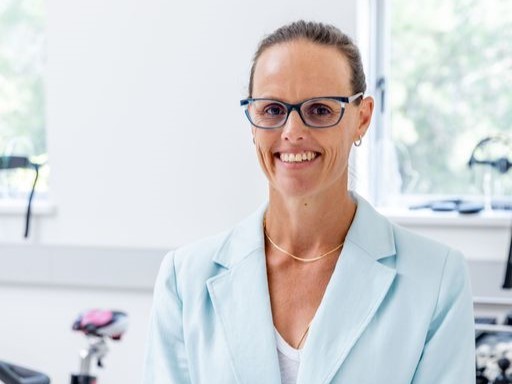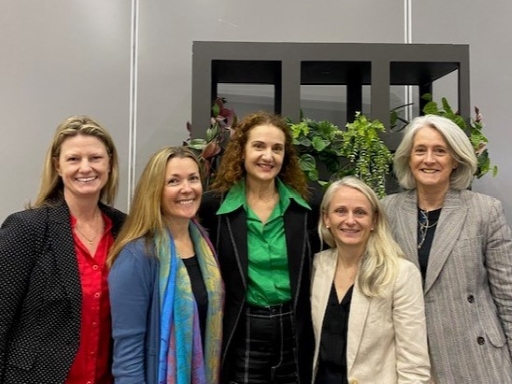2023 Grant Winners
Associate Professor Clare Minahan and her team Dr Kerry Hall, Dr Llion Roberts and Dr Kelly Clanchy

Project Title: Improving the Sport Pathway for First Nations Women with Culturally Competent Sports Science Practitioners
Summary and importance of research project
First Nations women are less likely to engage in sports compared to their non-First Nations counterparts, despite parallel rates of participation among girls. This is detrimental to the health of First Nations women and to the performance metrics of national sporting organisations. This project brings together Griffith University's academic research expertise with the National Rugby League's (NRL) extensive community outreach to investigate how sports science can engage First Nations athletes and to create best-practice guidelines to develop cultural proficiency in sports science practitioners. This project aims to foster an environment where best practices in sports science are not only developed but are also immediately actionable within communities that stand to benefit most.
Anticipated outcomes and benefit to ESSA Professionals
Cultural proficiency guidelines equip sports science practitioners with the tools to create a more inclusive and effective environment for First Nations female athletes. By tailoring methods to be culturally sensitive, practitioners can better identify and mitigate the specific barriers these athletes face, thus enabling their sports pathway. Concurrently, the empirical data generated from understanding these barriers can drive policy changes at organisational and governmental levels. Such changes not only increase equity but could also lead to improved performance metrics for First Nations female athletes by making the sport pathway more accessible and supportive.
Dr Kim Edmunds and her team Dr Mary Kennedy, Dr Yvonne Zissiadis, Associate Professor Haitham Tuffaha, Ms Pam Eldridge and Ms Taryn Kelly

Project title: Value-based assessment and cost-effectiveness analysis of two models of exercise oncology implementation
Summary and importance of research project
Exercise is an essential part of treatment for people with cancer. We know exercise for cancer is effective. However, we don’t know the value for money of providing time with an exercise physiologist. Our team will compare two different exercise for cancer services with a hospital based service where no exercise is provided. We will collect data on the cost of providing the service, the health effects it has on patients and what patients and healthcare providers think about the service. We will then determine which model is most cost-effective (provides best value for money) and what activities could improve the services.
Anticipated outcomes and benefit to ESSA Professionals
Developing a flexible, best practice model of care that is cost-effective, feasible and sustainable will help to provide access to exercise for all people undergoing cancer treatment and beyond. This will support the expansion and security of the role of ESSA professionals in the provision of such services. Cost-effective services are also more likely to be supported by government funding, contributing to their sustainability, further benefiting ESSA professionals. This value-based framework can also be applied to exercise in other healthcare fields, not limited to oncology.